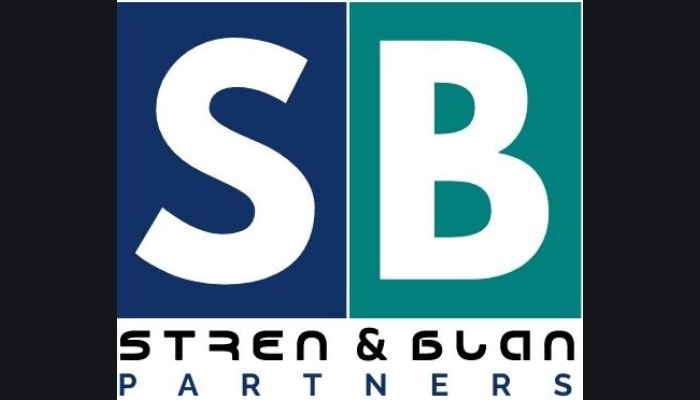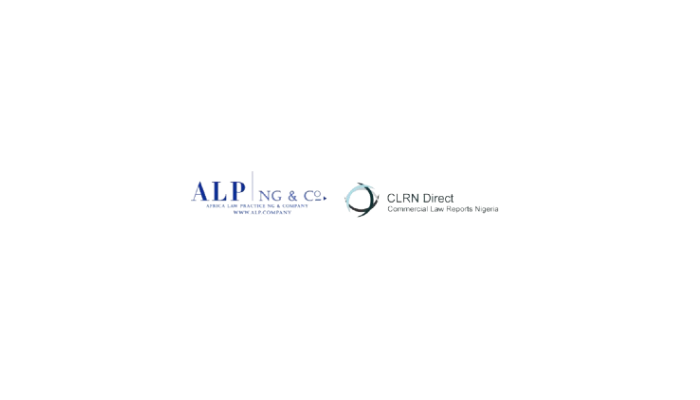MT. ORYX TRADER & ANOR. v. WRIST SHIPPING SUPPLY
SUPREME COURT OF NIGERIA
(OGUNWUMIJU; AGIM; TSAMMANI; ADAH; IDRIS, JJ.SC)
FACTS
MT Oryx Trader (the 1st Appellant) is a shipping vessel owned by Arial Marine Company (the 2nd Appellant). Wrist Shipping Supply (the Respondent), a Norwegian shipping company, had provided supplies to the vessel and issued invoices to the 2nd Appellant in the sum of €60,417.26, being the outstanding amount due for those supplies together with accrued interest. The Appellants failed to settle the debt. Upon discovering that the vessel had already been placed under arrest pursuant to several orders of the Federal High Court, the Respondent, in a bid to secure its interest, entered a caveat against the vessel’s release in the PAK and KPI suits. In doing so, the Respondent also undertook to indemnify the Appellants should it later be determined that the caveat was improperly filed. By law, maritime caveats subsist for only one year. Accordingly, the caveats in the PAK and KPI suits expired on 29 April 2021. In the PAK suit, the trial court discharged the vessel from arrest, but not from the caveat, since the caveat had already lapsed by effluxion of time. In the KPI suit, however, the Appellants applied for an order referring the dispute to arbitration and discharging the vessel from arrest. The trial court adjourned the proceedings sine die and referred the matter to arbitration, but crucially refused to release the vessel from arrest. Thus, the vessel remained under detention pursuant to the subsisting order in the KPI suit.
The Appellants contended that the Respondent’s entry of a caveat against release amounted to a wrongful arrest, particularly as the Respondent was not a party to the suit. They therefore claimed USD 3,464,800.00 as damages for the wrongful arrest of MT Oryx Trader. The trial court upheld the validity of the caveat and ruled in favour of the Respondent. On appeal, the Court of Appeal affirmed the decision, holding that since the vessel was already under lawful arrest prior to the caveat, the damages claimed had no causal connection with the Respondent’s action.
Dissatisfied, the Appellants appealed further to the Supreme Court. One of the key issues submitted for determination was: Whether the Respondent, by entering a caveat against the release of the Appellants’ vessel, is liable to indemnify the Appellants for the arrest of the vessel?
ARGUMENTS
Learned Counsel for the Appellants submitted that under admiralty law, liability for wrongful arrest does not hinge on a prior judicial finding declaring the arrest wrongful. Once it is established that a party procured or caused the arrest of a vessel, and the order of arrest is no longer subsisting, the foundation for damages is complete. Counsel maintained that credible evidence was led showing that the Respondent was instrumental in procuring the arrest of the Appellants’ vessel, notwithstanding that the Respondent was not a party to the action and had filed no substantive claim against the Appellants.
It was further argued that the courts below erred in characterising the Respondent’s act as a mere filing of a caveat against release, rather than recognising it as an arrest in substance. Learned Counsel emphasised that as of 30 April 2021, the caveat entered by the Respondent had expired by operation of law, thereby extinguishing its effect and deeming the vessel released from arrest. By failing to acknowledge this legal consequence and by upholding the contrary finding, the lower courts effectively overlooked the fact that the arrest had been discharged with the expiration of the caveat.
In reply, learned Counsel for the Respondent submitted that the Respondent neither procured nor instigated the arrest or detention of the Appellants’ vessel. While it is correct that a caveat against release was filed, Counsel emphasised that a caveat does not, in law or in fact, constitute an arrest or detention of a vessel. The caveator does not thereby assume custody of the ship, nor does it exercise any power to restrain or detain the vessel. Accordingly, the Respondent cannot be said to have wrongfully arrested the vessel. Counsel further contended that the law on wrongful arrest is well settled: liability arises only where a party has obtained an order of arrest which is subsequently declared wrongful or improperly procured by a competent court. In such cases, where the arrest order is shown to have been obtained unreasonably or without good cause, damages may follow. In the present case, however, no arrest order was procured by the Respondent.
Counsel maintained that the filing of a caveat had no effect of distraining, detaining, or otherwise interfering with the vessel, whether directly or indirectly. The expiration of the caveat merely extinguished the Respondent’s procedural right to be notified of steps taken in the PAK and KPI suits. It did not, and could not, operate as a release of the vessel, because the caveat never detained it in the first place.
DECISION OF COURT
In resolving the issue, the Supreme Court held that:
The mere entry of a caveat does not, by itself, entitle the caveator to the security of the vessel. A right to security only arises where there is a subsisting claim properly maintained against the vessel in respect of which the caveat has been lodged. The Court explained that a caveat against release operates in lieu of seeking a further arrest of the vessel and must be distinguished from a caveat against arrest. Its function is to ensure that the vessel is not released unconditionally without the caveator first being notified, and to secure the caveator’s commitment to furnish a bond for any claim equal to or less than the sum stated in the caveat.
Accordingly, the Supreme Court emphasised that the purpose of a caveat is to serve as a notice mechanism rather than as an arrest or detention of the ship. In the present case, the Respondent did not effect the arrest of the vessel, and the caveat against release neither interfered with nor supplanted the arrest regime already in place. Significantly, the caveat had expired by effluxion of time while the Appellants’ case was still pending.
Issue resolved in favour of the Respondent.
P. Amaran, Esq., A. Danbana Esq., for the Appellants
Adedoyin Afun, Esq., Valentine Iroagalachi, Esq., for the Respondent
This summary is fully reported at (2025) 9 CLRN in association with ALP NG & Co.
See www.clrndirect.com ; www.alp.company.











